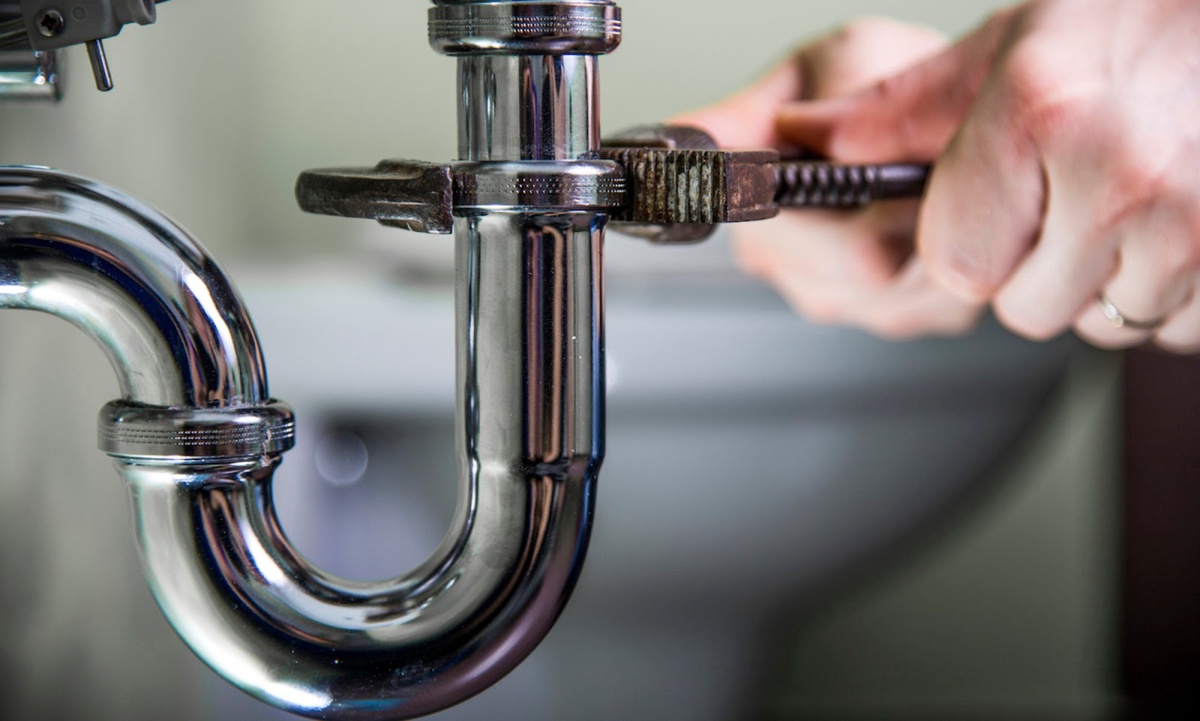
Access to clean and safe drinking water is a fundamental necessity for households around the world. To ensure the health and well-being of residents, many homeowners turn to water purification systems. In this article, we will explore the various types of water purification systems and their role in improving water quality at home.
Understanding the Importance of Water Quality:
Water quality refers to the physical, chemical, and biological characteristics of water. Poor water quality can lead to a range of health issues, including gastrointestinal problems, skin conditions, and even long-term illnesses. Additionally, contaminants in water can affect the taste and odor, making it less appealing for consumption and everyday use.
Types of Water Purification Systems:
-
Filtration Systems: These systems use physical barriers, like activated carbon or ceramic filters, to remove impurities, sediments, and particles from the water. They are effective in improving taste and removing common contaminants like chlorine, lead, and heavy metals.
-
Reverse Osmosis (RO) Systems: RO systems employ a semipermeable membrane to remove a wide range of impurities, including bacteria, viruses, minerals, and chemicals. They are highly efficient but can be slower and may generate wastewater.
-
Ultraviolet (UV) Purifiers: UV purifiers use ultraviolet light to disinfect water by deactivating microorganisms such as bacteria and viruses. While they are effective against biological contaminants, they may not remove other chemical impurities.
-
Distillation Systems: Distillation involves boiling water to create steam, which is then condensed back into liquid form. This process effectively removes minerals, heavy metals, and many contaminants, but it can be energy-intensive.
-
Ion Exchange Systems: These systems use resin beads to exchange ions, removing minerals like calcium and magnesium that can cause hardness in water. They are commonly used to soften water but may not eliminate other contaminants.
Advantages of Water Purification Systems:
-
Improved Health: Water purification systems ensure that the water you consume is free from harmful bacteria, viruses, and contaminants, reducing the risk of waterborne diseases.
-
Better Taste and Odor: Many purification methods enhance the taste and odor of water by eliminating chlorine and other chemicals responsible for unpleasant flavors.
-
Environmental Impact: By reducing the need for bottled water, purification systems help minimize plastic waste and the carbon footprint associated with bottled water production and transportation.
Considerations When Choosing a System:
When selecting a water purification system for your home, consider factors such as the quality of your water source, the specific contaminants you want to address, and your budget. It's often a good idea to have your water tested to identify the impurities present and determine the most suitable system for your needs.
Conclusion:
Water purification systems play a crucial role in enhancing water quality in homes. They provide a reliable means of safeguarding your family's health by ensuring that the water you use and consume is clean, safe, and free from harmful contaminants. With a wide range of purification methods available, homeowners can choose the system that best suits their requirements, improving both the health and overall quality of life for their households.
The source: سباك بجدة


No comments yet